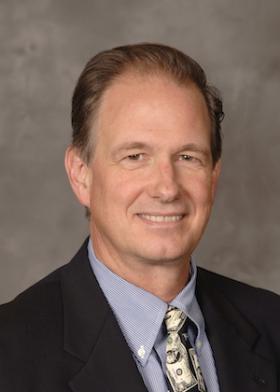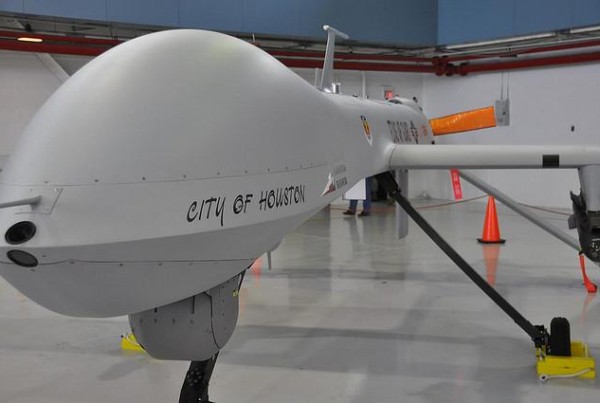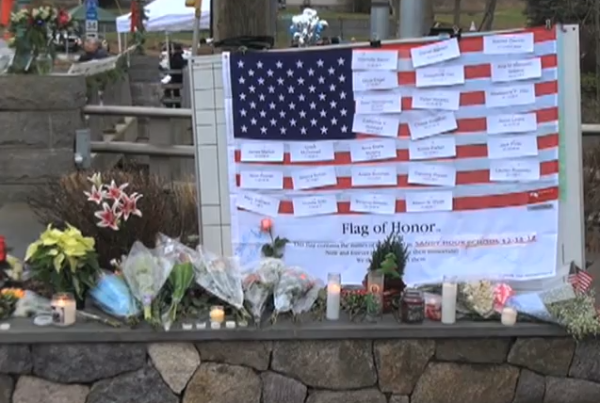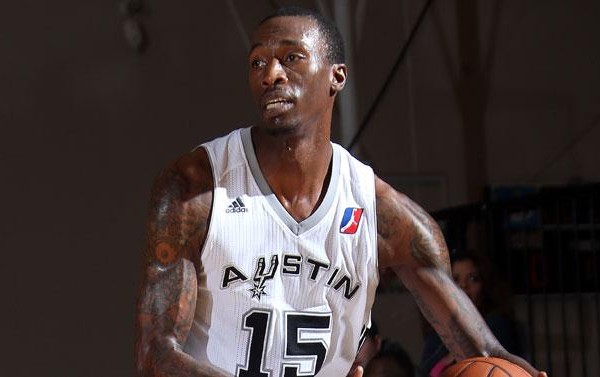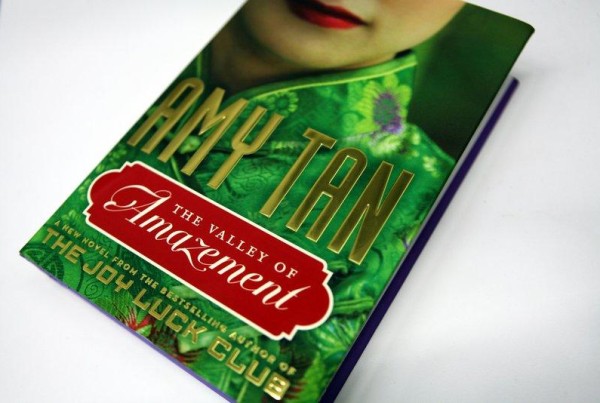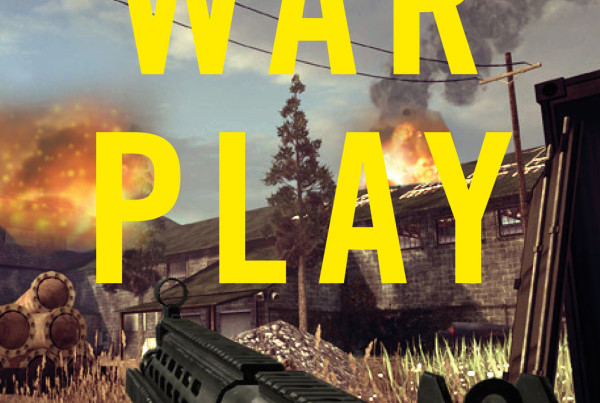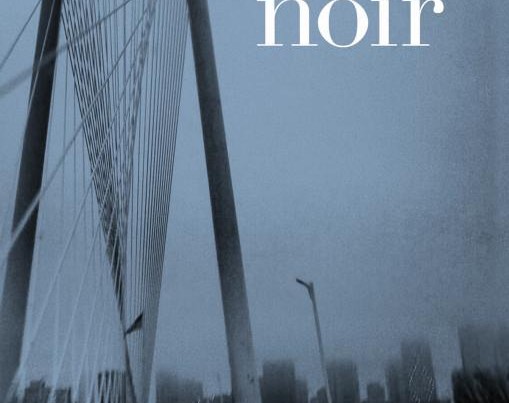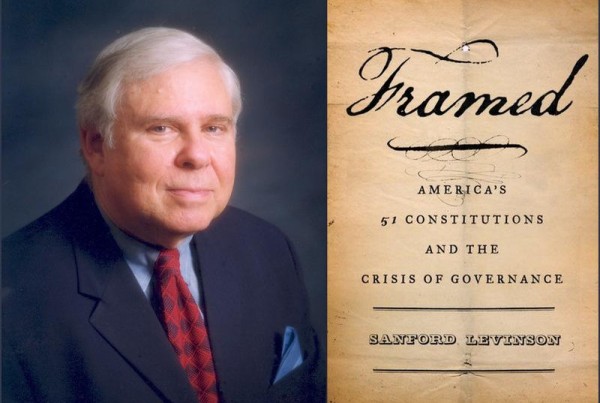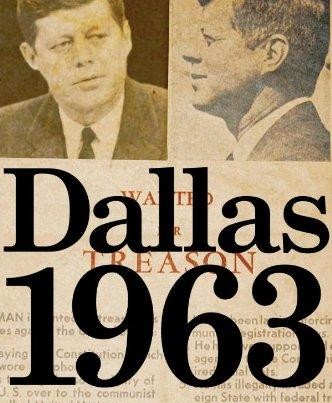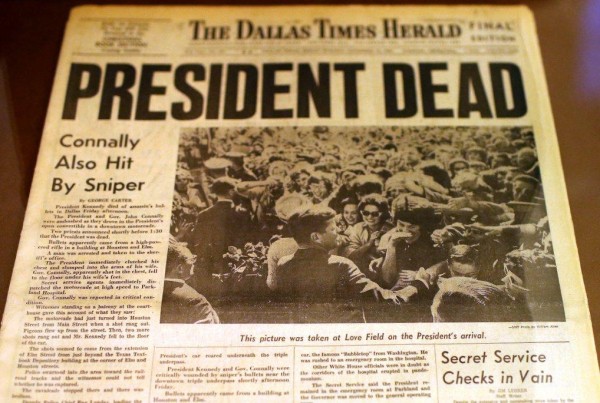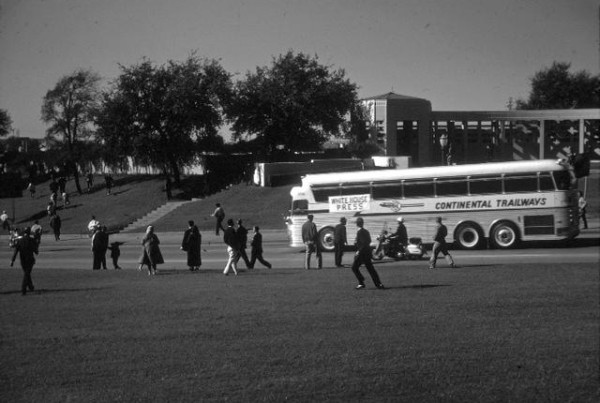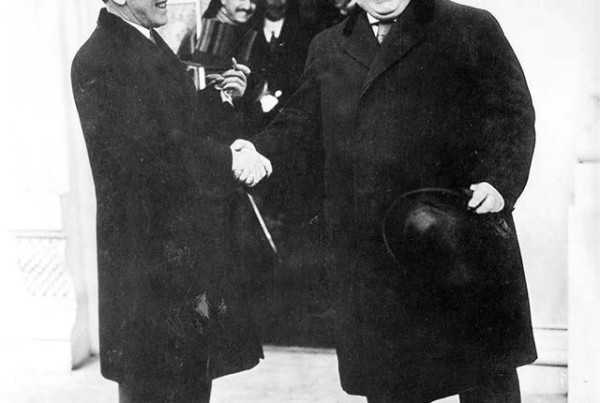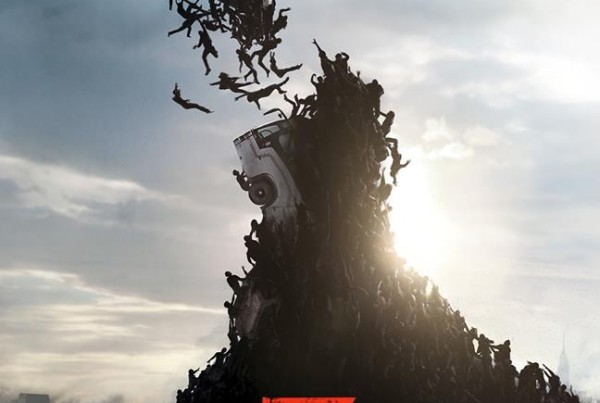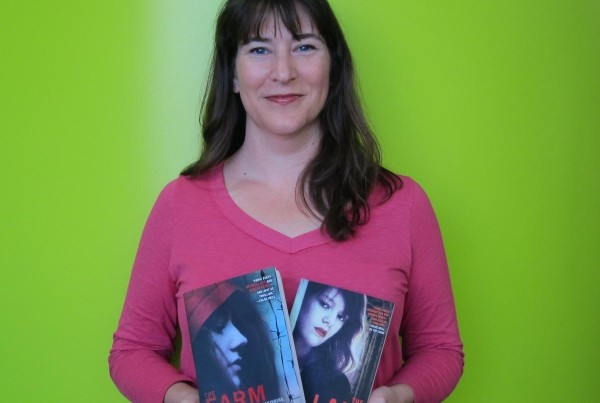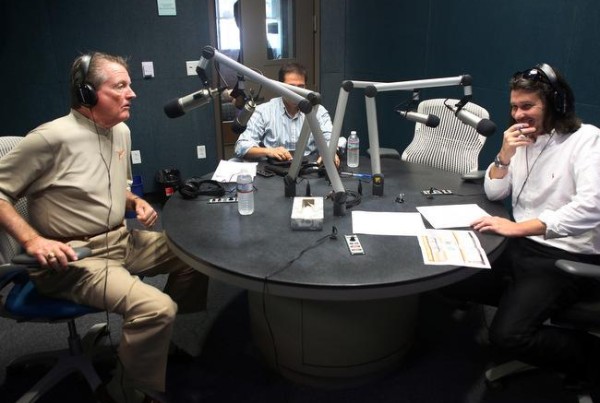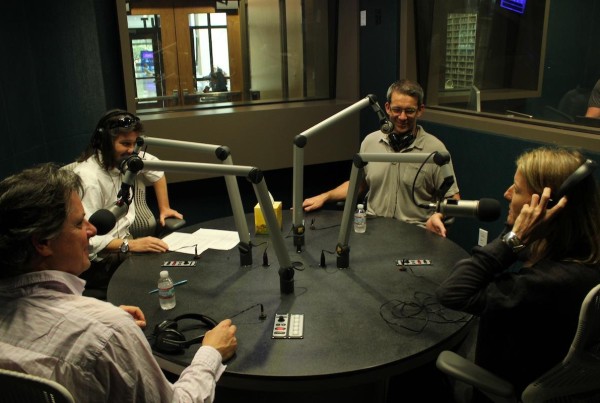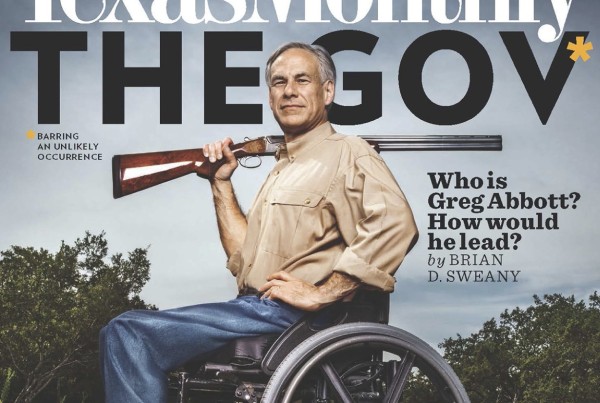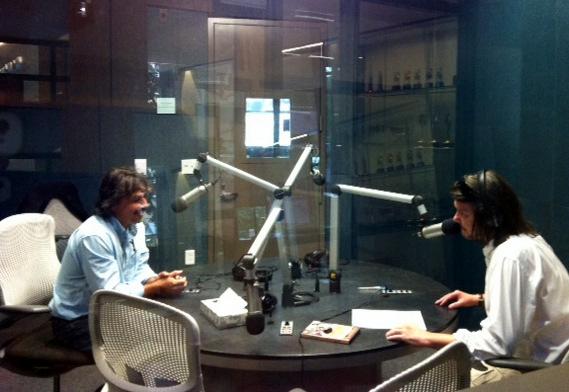Luis Alberto Urrea is one of the most distinguished writers in America. Just don’t tell him that. Urrea is refreshingly self-effacing when forced to talk about his status as an award-winning and best-selling author. He is perhaps best known for “The Devil’s Highway,” which won the Lannan Literary Award in 2004. He was a Pulitzer Prize finalist in 2005.
Tonight, Urrea will be speaking on the experience of immigration and the meanings of the border through the lens of his own life story. He’ll be at the Belo Center for New Media on The University of Texas campus at 7 p.m. The event is free and open to the public.
Urrea discussed his life story and professional work in the studio today with KUT’s David Brown.
Urrea was born in Tijuana, Mexico and came to the United States at the age of 4 years old. He experienced the border firsthand growing up, although the border had a different meaning and context back then.
“Certainly the border back then was much different than the border now. It wasn’t until we actually left the kind of barrio neighborhood in the U.S. and moved to a suburb of San Diego and I suddenly found out that Mexicans were ‘different’. Before, I thought Tijuana and Mexico were the places you’d go to see Grandma, that it was a cool place. And then it became this big barrier, that loomed larger and larger the older I got.”
“The Devil’s Highway,” is about the Yuma 14, a non-fiction account of 26 Mexican immigrants lost in the desert, more than half of whom died in the heat. Urrea has said that he walked into the project to address the problem of prejudice, but discovered along the way that he had to deal with prejudice, himself.
“I went in there with a superstructure of belief, affected by being a border boy and being half Mexican as well,” Urrea said. “The US Border Patrol was in trouble at that time because they were being accused of causing this crisis. The only thing the lawyers attacking them had to do was put enough doubt in people’s minds that the border patrol might do something like this, because that’s the kind of guys they are. It was a great shock to me to realize that that’s not the kind of guys they are.”
“When I realized I was going to try to write a book about human witness– except for those guys I didn’t like– what a bad book that would’ve been. Realizing the blindness I had was a great gift to me. I often tell people one of my best writing teachers I ever got was a border patrol agent in a truck.
Urrea also told Brown about the negative feedback he initially received when his book came out. Ironically, at the same time his book was also being used as a teaching tool along the border in Arizona. Since then, he’s talked to thousands of people and found every audience to be “great.”
“Americans want to talk to each other,” Urrea said. “Everywhere in the US, we miss each other. It’s gotten so fractious, so divided. The border is just a metaphor, but it’s a perfect metaphor for human separation. Which is why it’s fascinating to me as an author.”
Urrea will be speaking at the Belo Center for New Media in the second floor auditorium today at 7 p.m.




